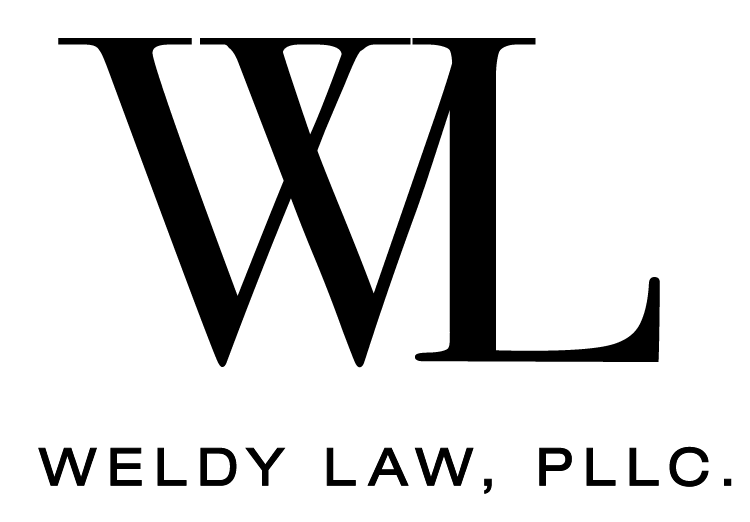As the American population ages, adult children of seniors are embarking on a journey to help their aging parents and protect themselves against the uncertainty in the legal system and in life. Let’s go through some of the fundamental planning options available:
First, we should note that not all estate plans look the same. Each plan should be uniquely customized to the individual and his or her needs. While some plans focus on simplicity, others may be designed for helping a family with a special need or designed for tax-savings. Estate Plans may be created to accomplish an array of goals, and it’s important to realize that estate plans are not one-size-fits-all. Plans should be drafted by qualified attorneys who understand a client’s needs and are able to help the client reach their goal and establish a safe-guard of the client’s legacy. Second, don’t be overwhelmed by the term “estate planning.” You don’t need to be extremely wealthy or have multiple properties or businesses to benefit from estate planning. An estate plan is most effective when it accurately fits the client’s needs while offering a sense of peace that in life’s most difficult time your legacy can be maintained. Most everyone should have a few basic documents such as:
Will: A Will stipulates how a person’s property will be managed and distributed at death. Importantly, it also allows the testator to appoint an executor (the person who is legally in charge of the estate). The Will can also indicate whether a person wants an independent administration, which typically entails less involvement by the court and lower fees.
Durable Power of Attorney: A power of attorney allows the senior citizen to appoint a trusted person to make financial and property decisions for them (which is often done if the senior later has compacity issues). These functions may include duties like management of bank accounts, stocks and bonds, and tax matters.
Medical Powers of Attorney: A medical power of attorney allows someone to nominate an agent to make medical decisions if the need arises. Consider a situation where a person has dementia or another condition that gets progressively worse. Eventually, the person will likely be unable of making their own medical decisions and will need an agent acting legally to do make decisions on their behalf.
Additional Helpful Planning Instruments: In addition to those listed above, other helpful advance planning may include:
-
- Guardianship documents
- Establishing banking accounts payable on death to a senior’s chosen beneficiaries;
- Utilizing real property deeds that transfer property automatically upon the death of the testator;
- Trusts that are designed to help allow a senior to qualify for government programs that assist in paying for nursing home care;
- Legal directives that express the senior’s preferences regarding life-sustaining medical treatment if they are in a terminal or irreversible medical state or condition.
When executed properly, most estate plans are not overly expensive or cumbersome. Whether you are a senior citizen who feels that you need to protect yourself or the adult child of a senior who may become responsible for your parent’s future care, Weldy Law, PLLC can help you. Weldy Law, PLLC frequently designs estate plans for people from all walks of life and with varying needs, resources, objectives, and goals.
The above blog is for informational purposes only and is not legal advice nor does any information or communication with this website create an attorney-client relationship.


